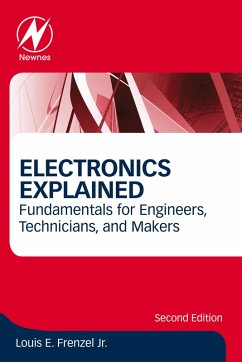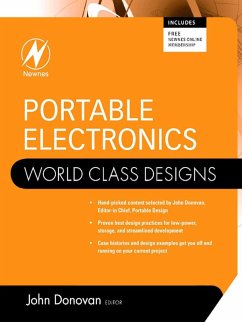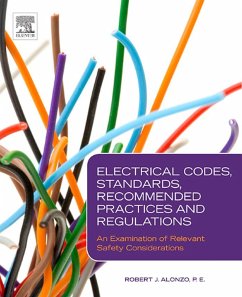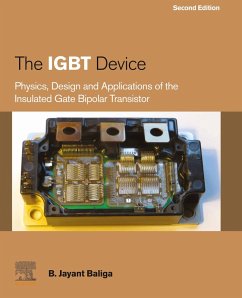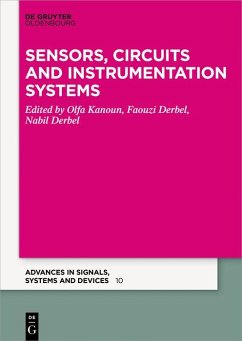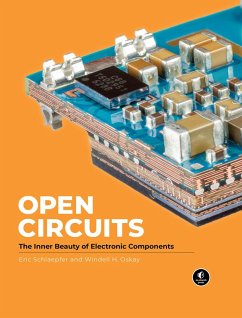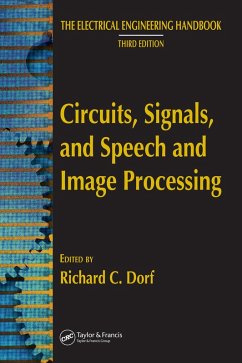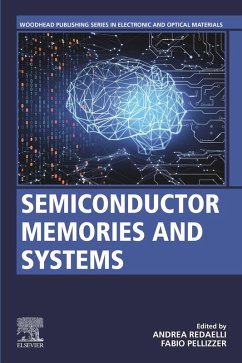
Sensors, Circuits, and Systems for Scientific Instruments (eBook, ePUB)
Fundamentals and Front-Ends
Versandkostenfrei!
Sofort per Download lieferbar
89,95 €
inkl. MwSt.
Weitere Ausgaben:

PAYBACK Punkte
45 °P sammeln!
Sensors, Circuits, and Systems for Scientific Instruments: A Unified Approach presents a unified treatment of modern measurement systems by integrating relevant knowledge in sensors, circuits, signal processing, and machine learning. It also presents detailed case studies of several real-life measurement systems to illustrate how theoretical analysis and high-level designs are translated into working scientific instruments. The book is meant for upper-level undergraduate and beginning graduate students in electrical and computer engineering, applied physics, and biomedical engineering. It is d...
Sensors, Circuits, and Systems for Scientific Instruments: A Unified Approach presents a unified treatment of modern measurement systems by integrating relevant knowledge in sensors, circuits, signal processing, and machine learning. It also presents detailed case studies of several real-life measurement systems to illustrate how theoretical analysis and high-level designs are translated into working scientific instruments. The book is meant for upper-level undergraduate and beginning graduate students in electrical and computer engineering, applied physics, and biomedical engineering. It is designed to fill a gap in the market between books focused on specific components of measurement systems (semiconductor devices, analog circuits, digital signal processing, etc.) and books that provide a high-level "survey" or "handbook"-type overview of a wide range of sensors and measurement systems. - Develops a unified treatment of modern scientific instruments by combining knowledge of high-performance sensors, semiconductor devices, circuits, signal processing, and embedded computing - Focuses on fundamental concepts in precision sensing and interface circuitry (accuracy, precision, linearity, noise, etc.) and their impact on system-level performance instead of presenting a "laundry list" of sensor types - Introduces readers to the indispensable role of signal detection theory, pattern recognition, and machine learning for modern scientific instrumentation - Presents multiple case studies and examples to demonstrate how theoretical concepts are translated into real-life measurement systems
Dieser Download kann aus rechtlichen Gründen nur mit Rechnungsadresse in A, B, BG, CY, CZ, D, DK, EW, E, FIN, F, GR, HR, H, IRL, I, LT, L, LR, M, NL, PL, P, R, S, SLO, SK ausgeliefert werden.





